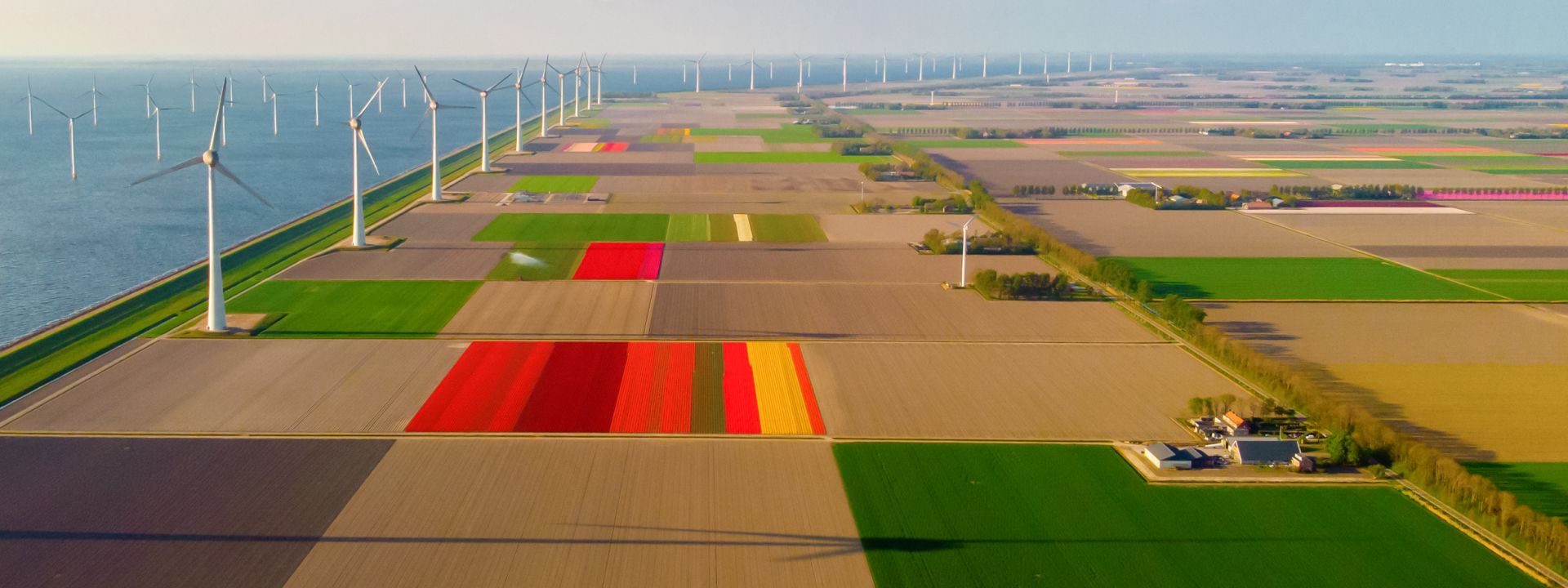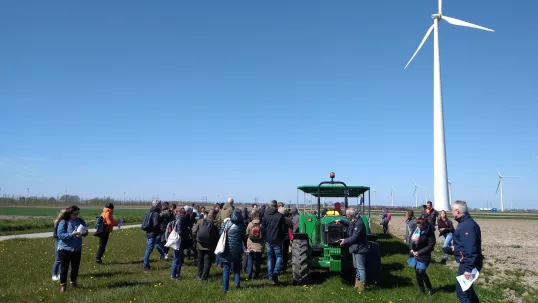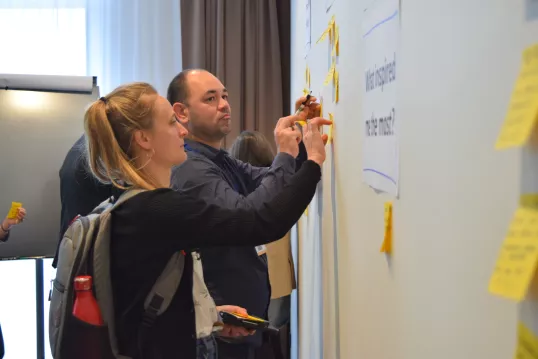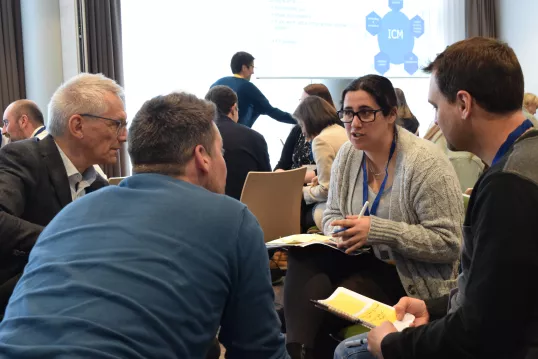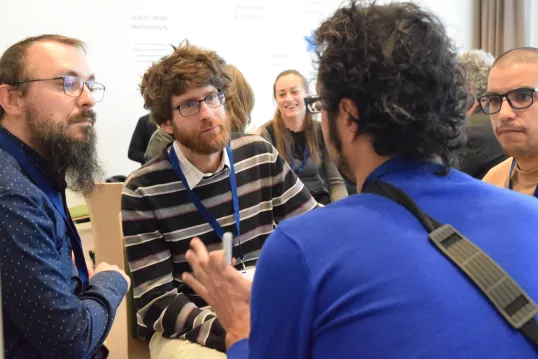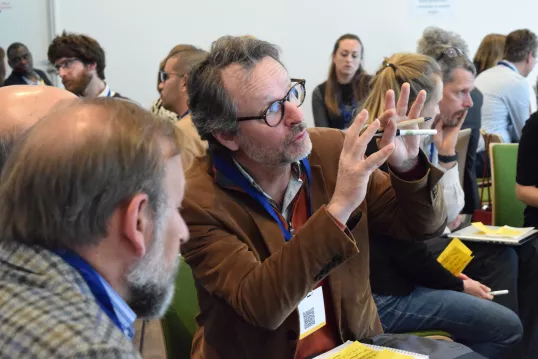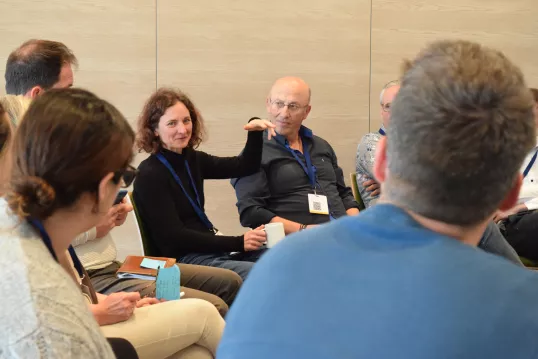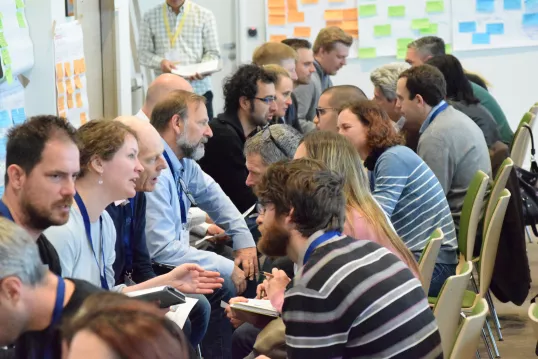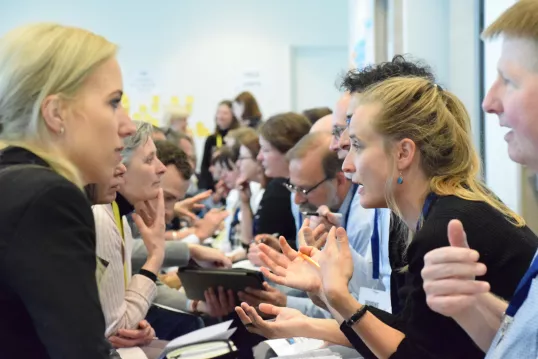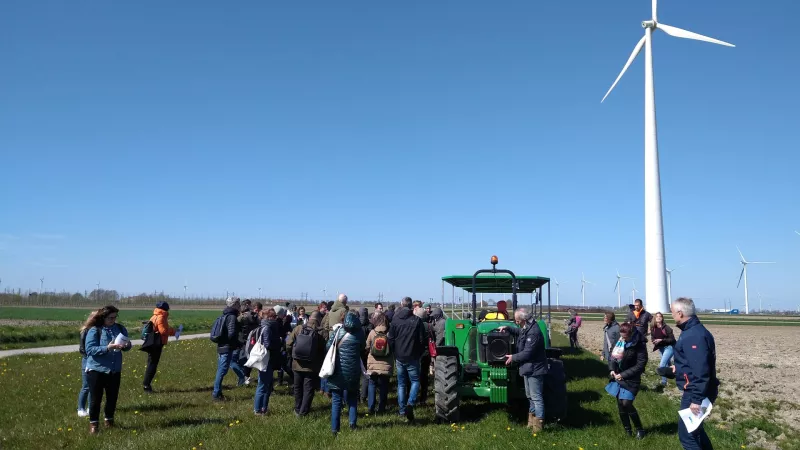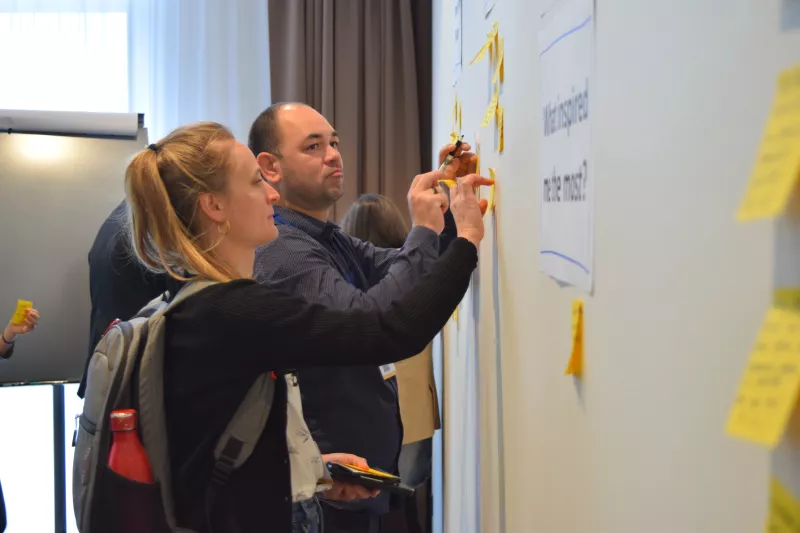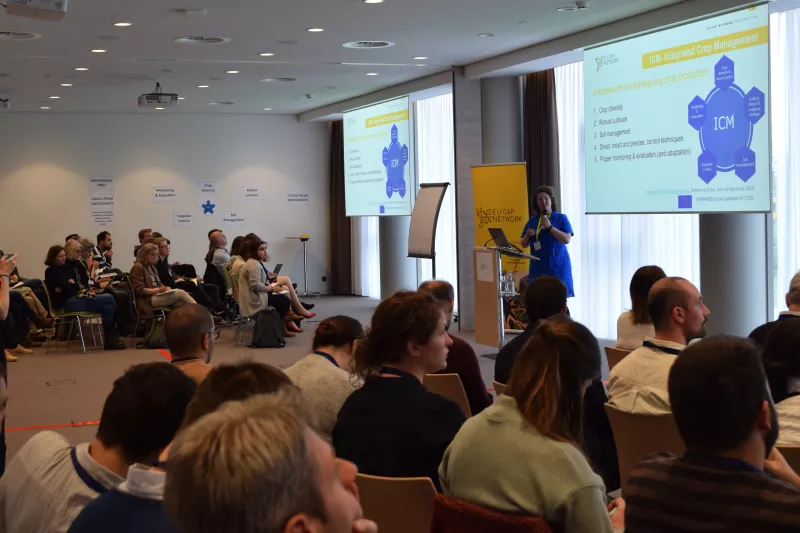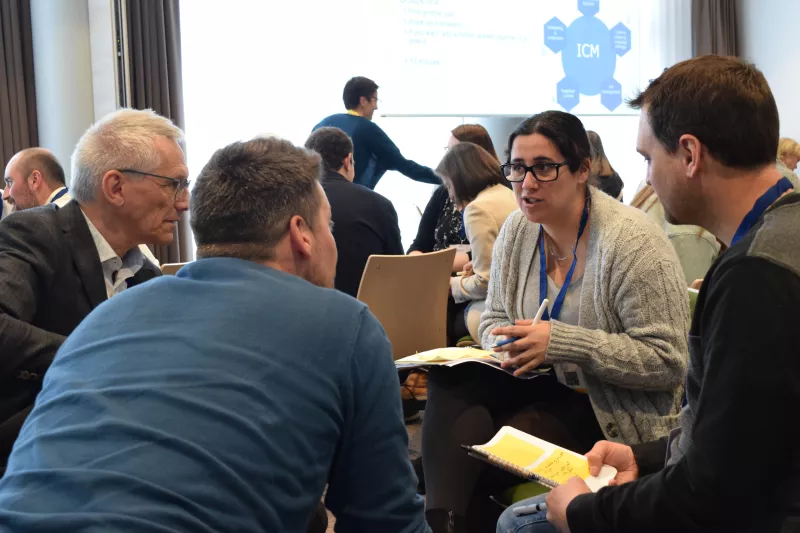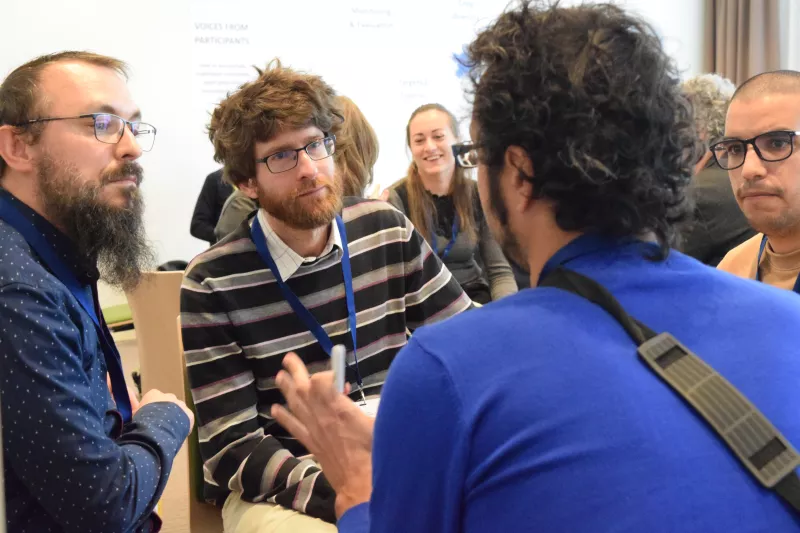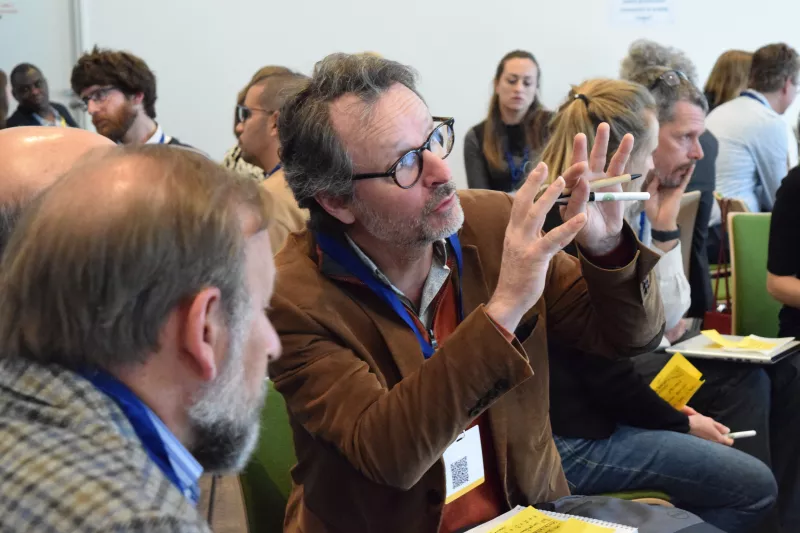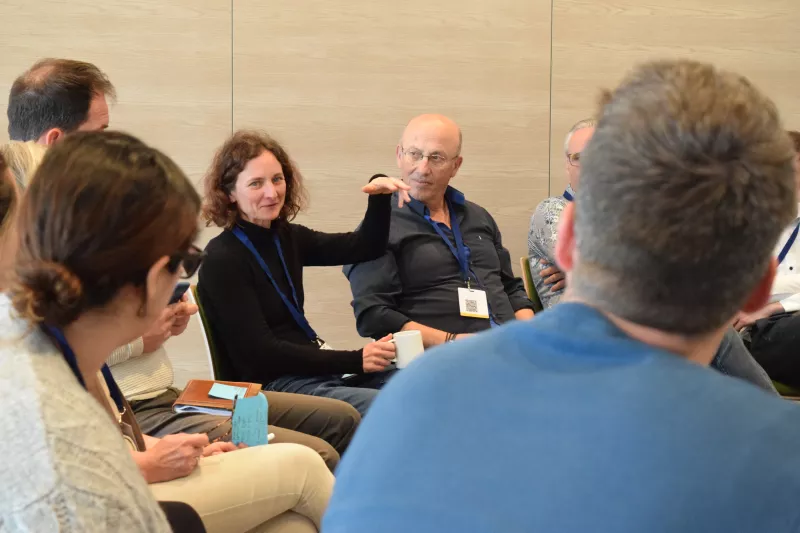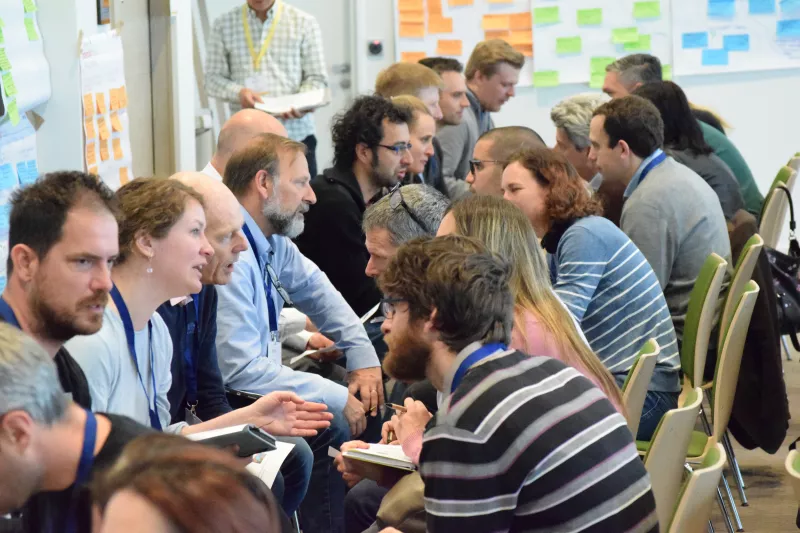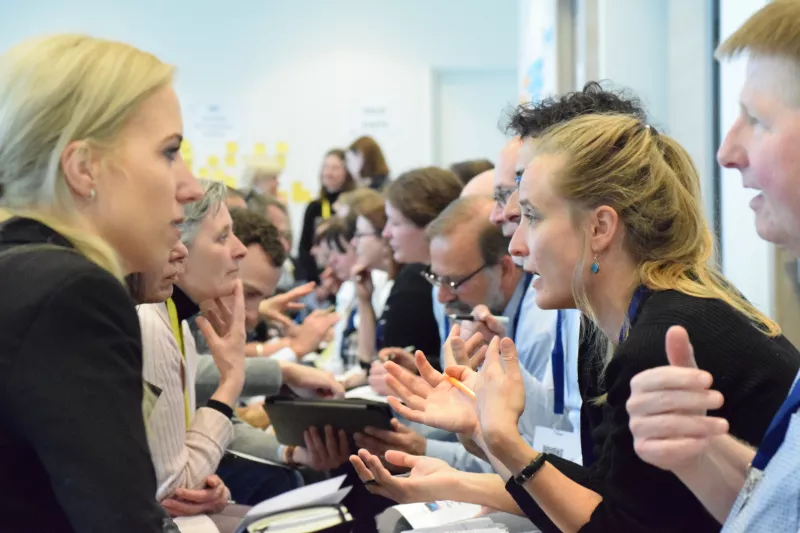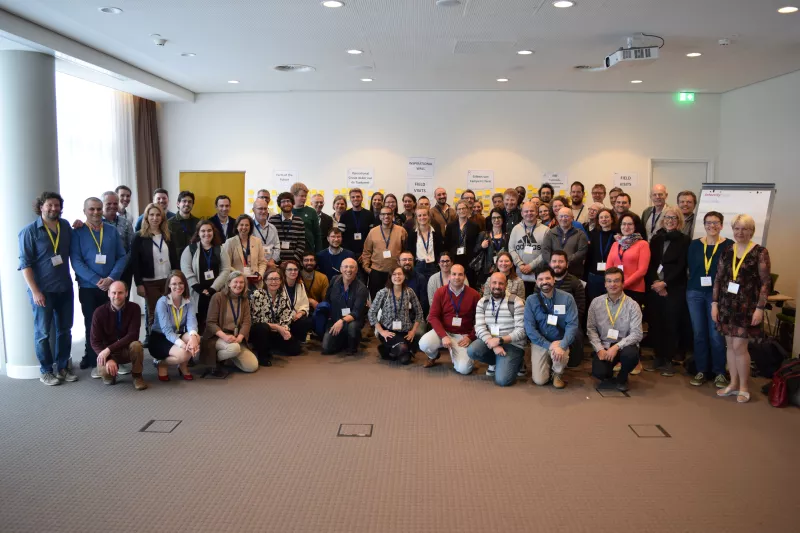The EU CAP Network workshop ‘Innovative arable crop protection - using pesticides sustainably’ took place from Wednesday 19 to Friday 21 April 2023.
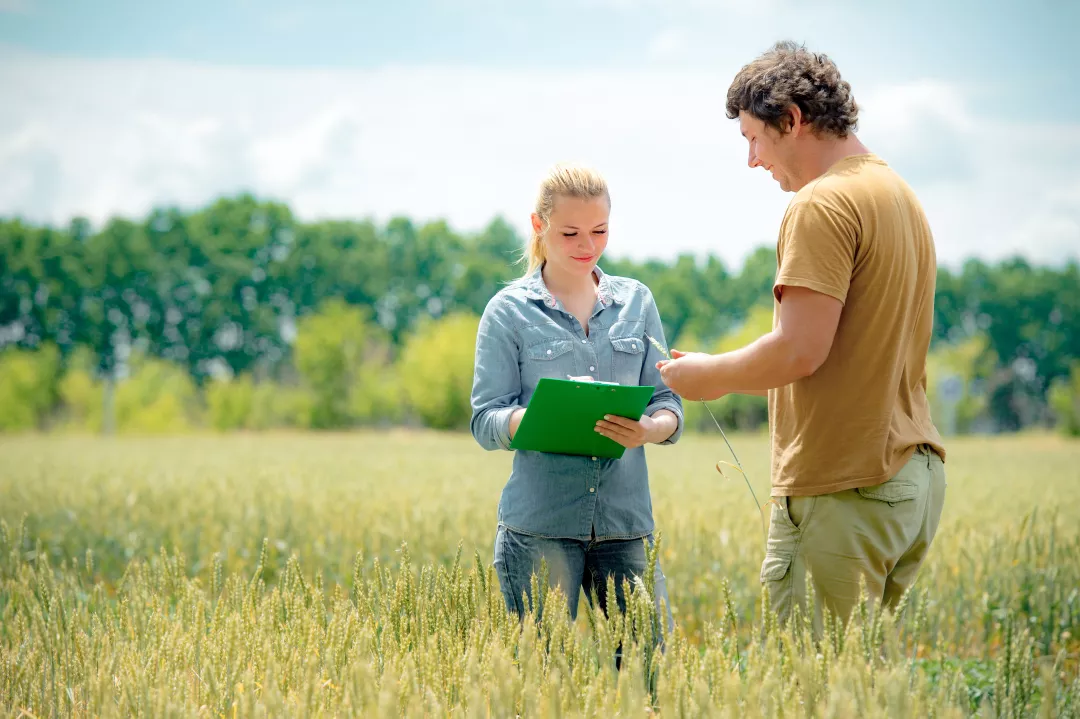
The workshop ‘Innovative arable crop protection - using pesticides sustainably’ took place in Amsterdam, The Netherlands, from Wednesday 19 to Friday 21 April 2023.
The workshop focussed on exchanging knowledge and sharing innovative, inspirational practices that support farmers, advisors and other stakeholders to ensure greater uptake of non-chemical plant protection methods in arable crops by using economically and ecologically sustainable approaches.
Event description and objectives
Arable crops (such as cereals, oilseeds, legumes, potatoes, sugar beets) cover a large part of the European agricultural crop area and play an essential role in food security - directly in terms of human nutrition and as a component in feed for livestock. Native and invasive pests, diseases and weeds, mechanisms of pesticide-resistance, as well as increasing extreme weather conditions, are putting strain on arable crop production. Ensuring sustainability and competitiveness with reduced pesticide input is a major challenge, but also provides benefits, for the environment, human health, and farm practice.
The EU and its Member States seek to reduce the reliance on chemical pesticides in agriculture as well as their risks on human health and the environment by designing and implementing more integrated and sustainable approaches, while at the same time safeguarding the competitiveness of EU's agriculture. Reducing pesticide use by 50% by 2030 at European Union level while enhancing provisions on integrated pest management (IPM) and promoting greater use of safe alternative ways of protecting harvests from pests and diseases are part of the concrete targets of the Farm to Fork strategy.
This European strategy sets a new course for sustainable agriculture. To meet the challenges of the transition towards new practices and more sustainable crop protection measures, farmers and advisors need to feel confident and to get comprehensive support through information, knowledge exchange and training.
Exchanges between projects and initiatives, including EIP-AGRI Operational Groups and Horizon 2020/Europe projects and key actors working in the field of sustainable plant protection, can provide important knowledge and innovations that help fulfil these needs in the process to reduce the use of chemical pesticides, and contribute to building innovative networks for cross-fertilisation.
Overall aim
The overall aim of the workshop was to promote networking among Operational Groups (OGs) and other innovative projects and initiatives dealing with sustainable ways to reduce chemical pesticides in arable crops (cereals, oilseeds, legumes, potatoes, sugar beets). The workshop created conditions for exchanging knowledge, as well as sharing innovative and inspirational practices to ensure greater uptake of non-chemical pest and disease control methods, and to support farmers and advisors on their way to a successful implementation of sustainable plant protection measures.
Main topics
Building and exchanging practical knowledge on innovative and alternative pest and disease management tools and strategies in arable crops (cereals, oilseeds, legumes, potatoes, sugar beets) including:
- innovative approaches and good examples to scale up/out sustainable plant protection
- holistic, ecologically and economically-sound solutions for existing plant health problems and for those that are emerging or increasing as a result of the societal wish to reduce pesticide dependence, e.g. reflected by the Farm to Fork strategy, including: crop diversification, robust varieties, soil management, targeted plant protection methods and supportive tactics.
- challenges and opportunities for sustainable plant protection measures
- interaction and networking with relevant stakeholders along the value chain (“from farm to fork”)
- research, advisory support and training
Specific objectives:
- Exchanging knowledge and good practices, initiatives, opportunities and tools (but also approaches that didn’t work – technically or economically) relevant to reduce the use of chemical pesticides in arable crops:
- Preventive and curative measures
- Alternative plant protection products
- IPM strategies
- Organic strategies
- Functional biodiversity and agroecological approaches
- Precision Agriculture systems
- Identifying challenges and exploring potential solutions
- Identifying needs from practice (farmers and advisors) and possible knowledge gaps that may be filled by research
- Promoting networking among EIP-AGRI Operational groups and other innovative projects dealing with sustainable plant protection measures
- Collecting new ideas for OGs dealing with the workshop’s topic
Programme
Agenda
(PDF – 253.64 KB)
Additional info
Organiser

Directorate-General for Agriculture and Rural Development & Support Facility for Innovation & Knowledge exchange including EIP-AGRI
EU CAP Network
